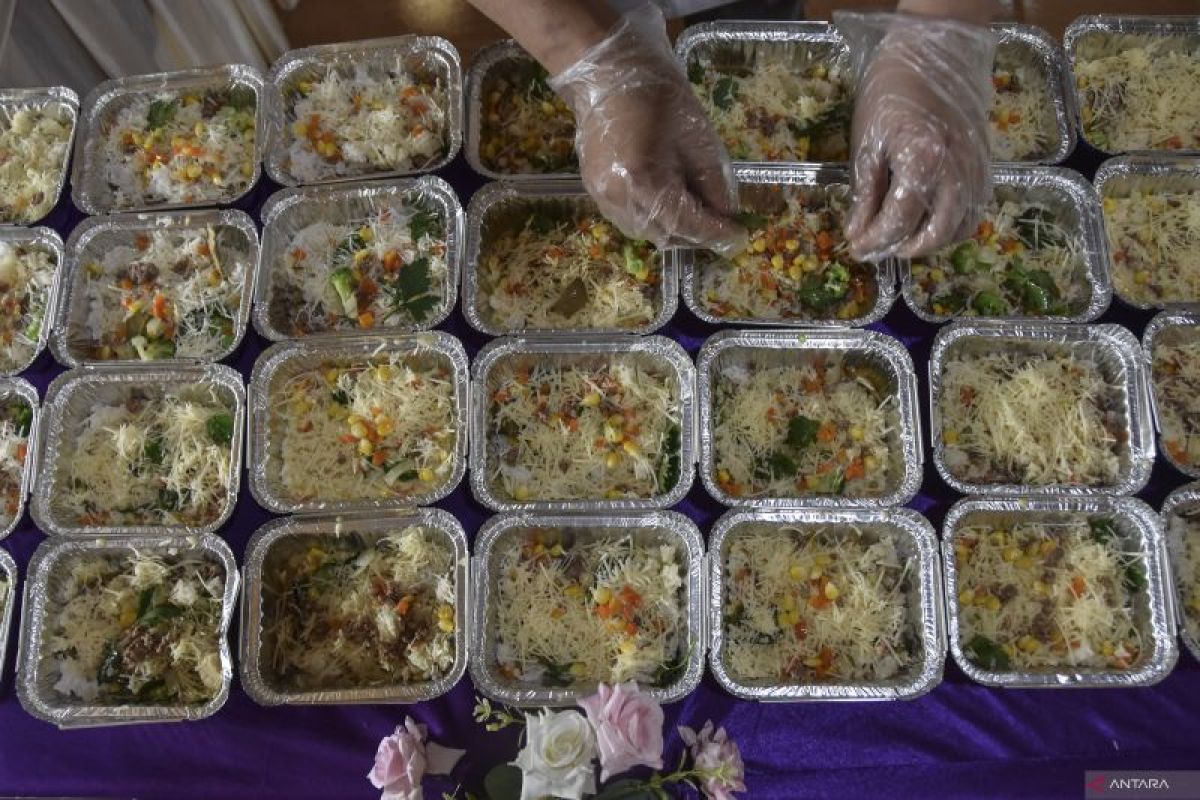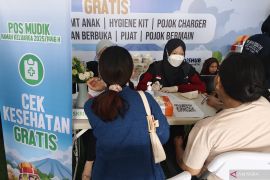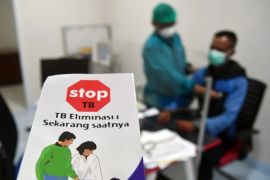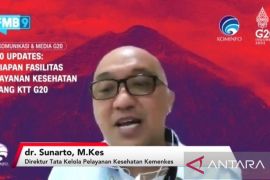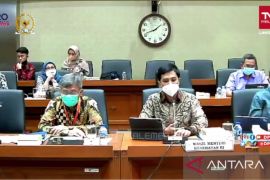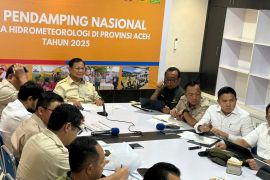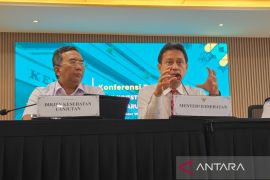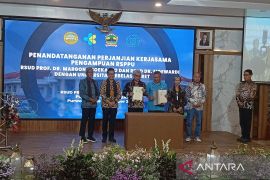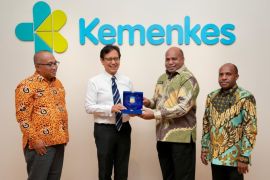He made the remarks in Jakarta on Monday in response to the recent establishment of the National Nutrition Agency by President Joko Widodo (Jokowi).
He said that health intervention is of two types, with the first being curative, for example, interventions at hospitals.
The second is promotive and preventive, which is provided via integrated health posts (posyandus), community health centers (puskesmas), and other health facilities and includes the provision of balanced nutrition to ensure people remain healthy, he added.
"What are being carried out now are preventive (efforts), preventing people from being sick or maintaining them to remain healthy. One of the preventive programs is screening or early detection," he said.
He also expressed the hope that in the future, posyandus and puskesmas will be able to detect the presence of ethylene glycol compounds or chemicals in syrups such as paracetamol, which can cause kidney disease in children.
"If there is an ethylene glycol test, we can do it at the provincial level," he said.
Sadikin underlined that to carry out early detection, health services in the regions need adequate laboratory facilities.
"There are two types of health laboratories, clinical laboratories such as those in hospitals and public health laboratories," he said.
The minister further said that to support the community's nutritional improvement, both posyandus and puskesmas must be able to check air quality and sanitation.
"Check whether the air is polluted or not, whether the water is clean or not. These can actually be carried out by public health laboratories starting from the posyandu, puskesmas levels, both in districts and cities," he added.
Related news: Free Meals Program's scheduled roll-out on Jan 2: Nutrition Agency
Related news: KKHI ensures pilgrims' health through provision of nutrition services
Translator: Lintang Budiyanti, Raka Adji
Editor: Rahmad Nasution
Copyright © ANTARA 2024
